The EU sometimes has really revolutionary ideas. When she came up with the unification of charging connectors, every smartphone manufacturer had their own and it really made sense. Now we have two here, and even that is too much for her, but since it took her many years to get a result, she can't back down. But in order to rekindle passions, she also wants to unify communication platforms.
There is a godly idea behind everything - in the first case, less electronic waste and in the second, greater convenience of communication for users. Recently, news spread around the world that the EU has a certain vision for greater connectivity of communication platforms so that it doesn't matter if you write from Messenger to WhatsApp, Signal, Telegram or any other platform and vice versa.
It could be interest you

Meta as a trailblazer
It's a nice idea, but it's certainly not original. Meta itself is trying to link Messenger with WhatsApp and Instagram so that you can write from one service to the others as well (because it can, since all these platforms are its own). And he's been trying to do that for several years. Apparently, some smart head in the EU heard this and caught it perhaps more than is healthy.
On the one hand, there is user friendliness, because what we are talking about, it would be nice to have only one application and write on all the others. On the other hand, here we come across an incredible amount of technical problems that a similar unification would mean for developers who would have to deal with it. And the security and encryption of communication is only part of the problems.
We have big communication platforms here and small ones. The big ones score with their user base, and thus also their popularity, the small ones, on the other hand, have to bring something more that appeals to others enough to start using them. Of course, they will still be limited, but if they have an idea, users can trample their use with their surroundings. If they have no added value, they simply do not have a place in the market, because it is already quite saturated.
It could be interest you
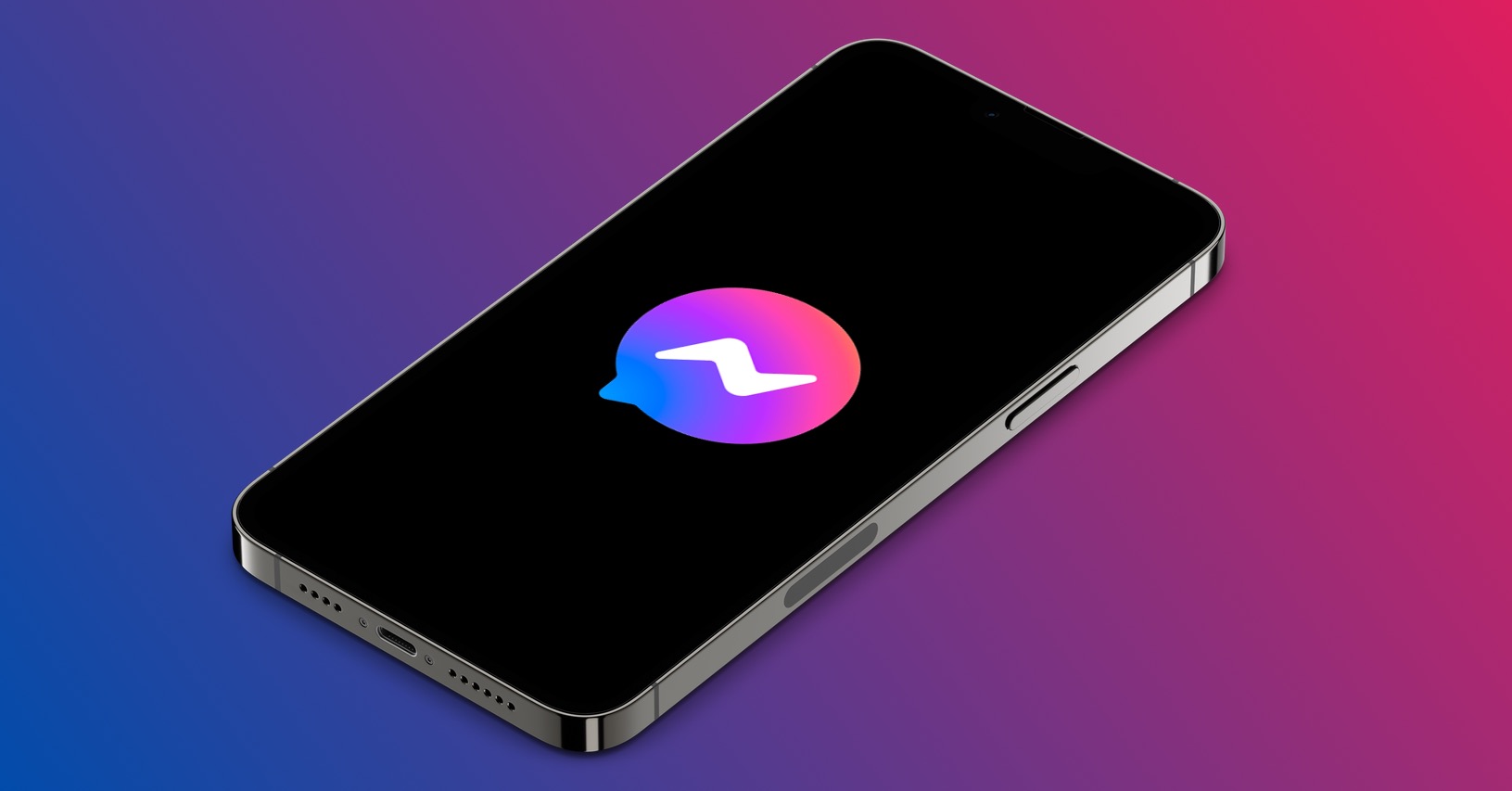
Short text message service
But the joke is why this is actually being addressed at all. The EU focuses its attention on the unification of communication platforms, but we already have a unified platform here. One that works all over the world even without mobile data. At the same time, it is called simply – SMS. With them, we can communicate with anyone who has a phone number, we can text with those users regardless of the platform used. So instead of a similar unification of the ununifiable, it might be better to focus on the ideal regulation of operators.
Why is everyone switching to messengers? Because they pay for transferred data, which is negligible within the FUP, whereas many of us do not yet have unlimited tariffs and pay for ordinary SMS. And we're not even talking about MMS. So why come up with a similar would-be alibi solution rather than taking the easy way out? However, everything is only in the initial phase of the idea, and no one knows if or when it should be implemented. Moreover, it is more than likely that this is just a cry into the darkness that the EU can do.
 Flying around the world with Apple
Flying around the world with Apple 

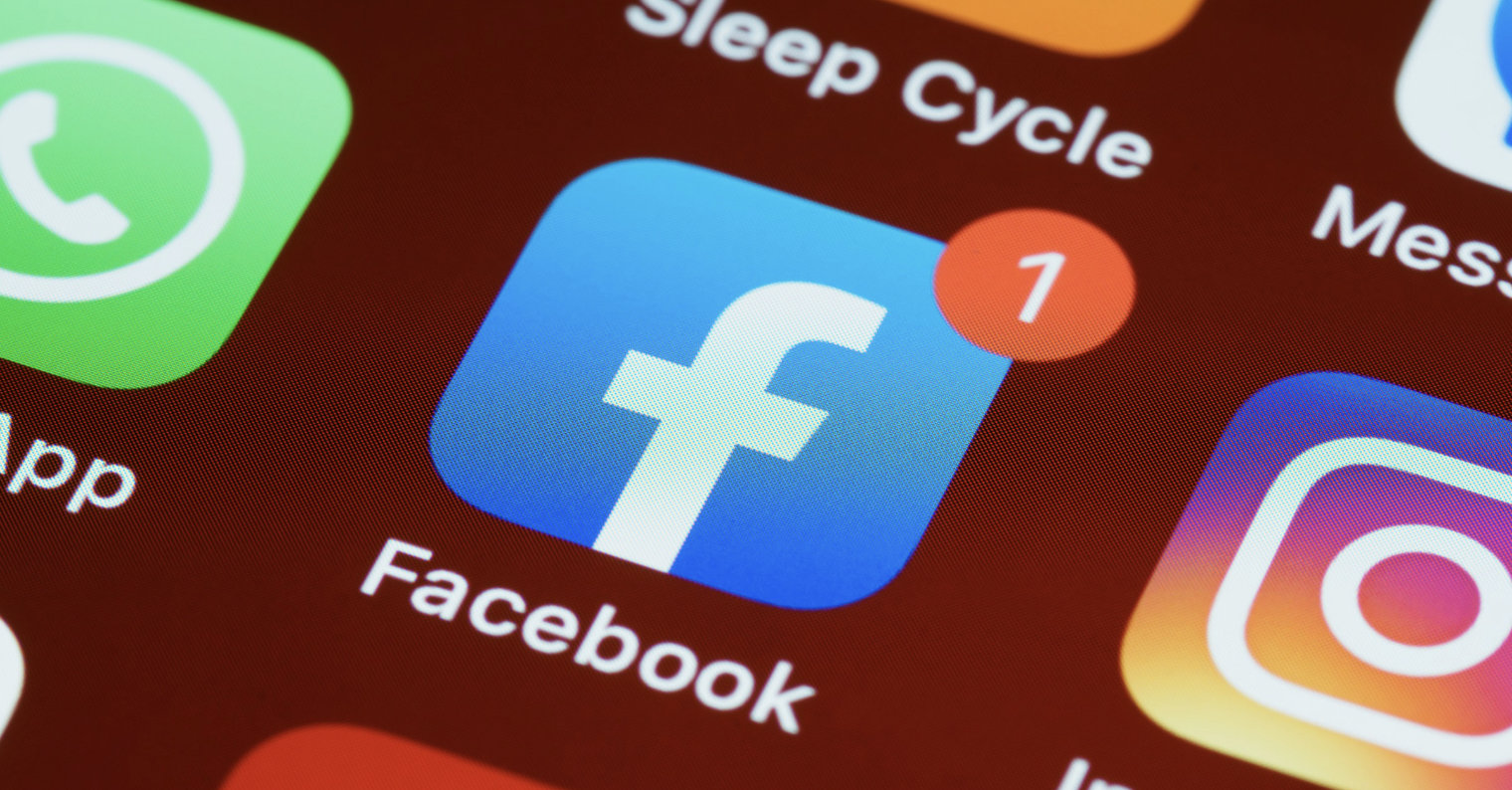
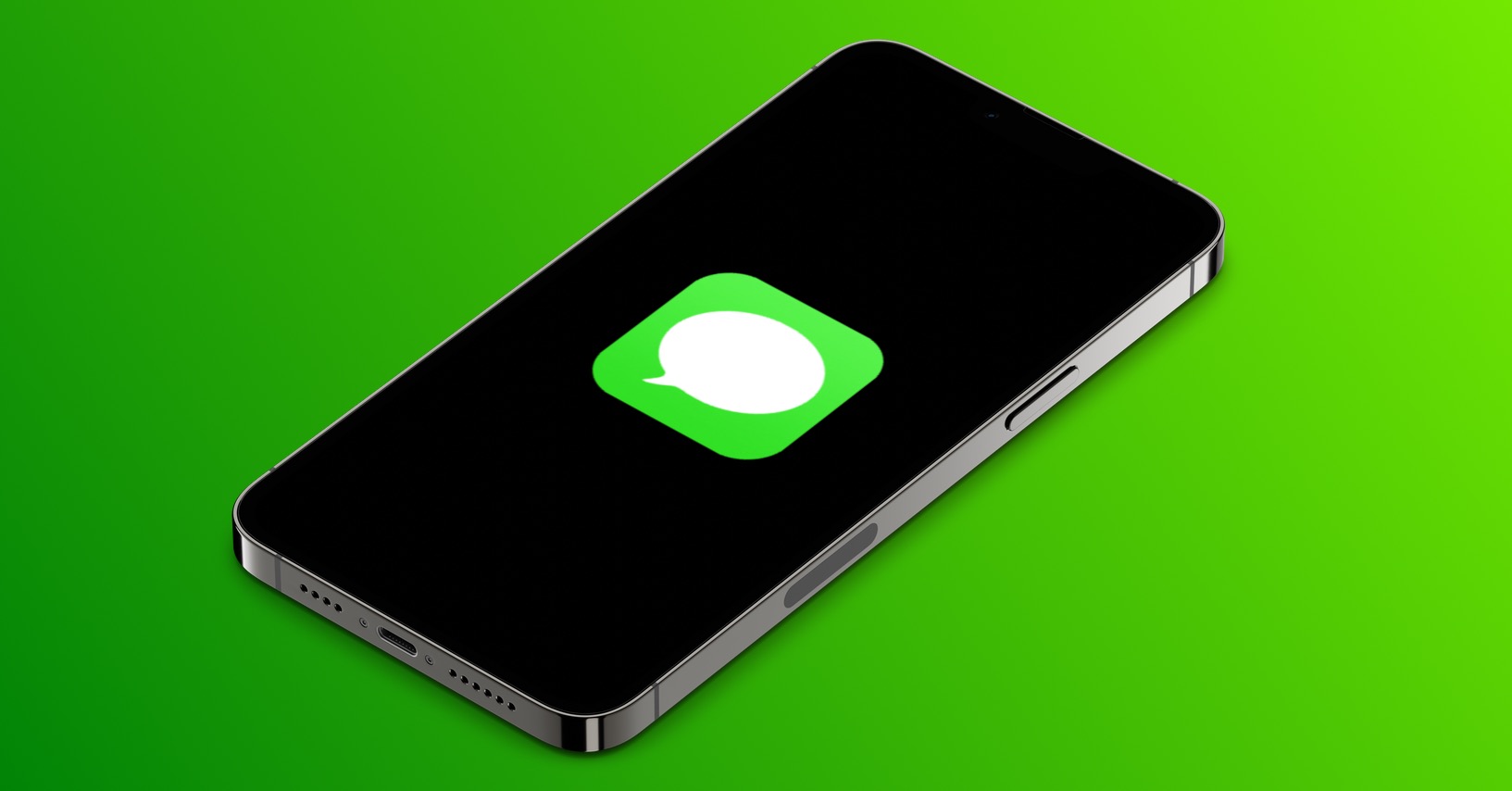
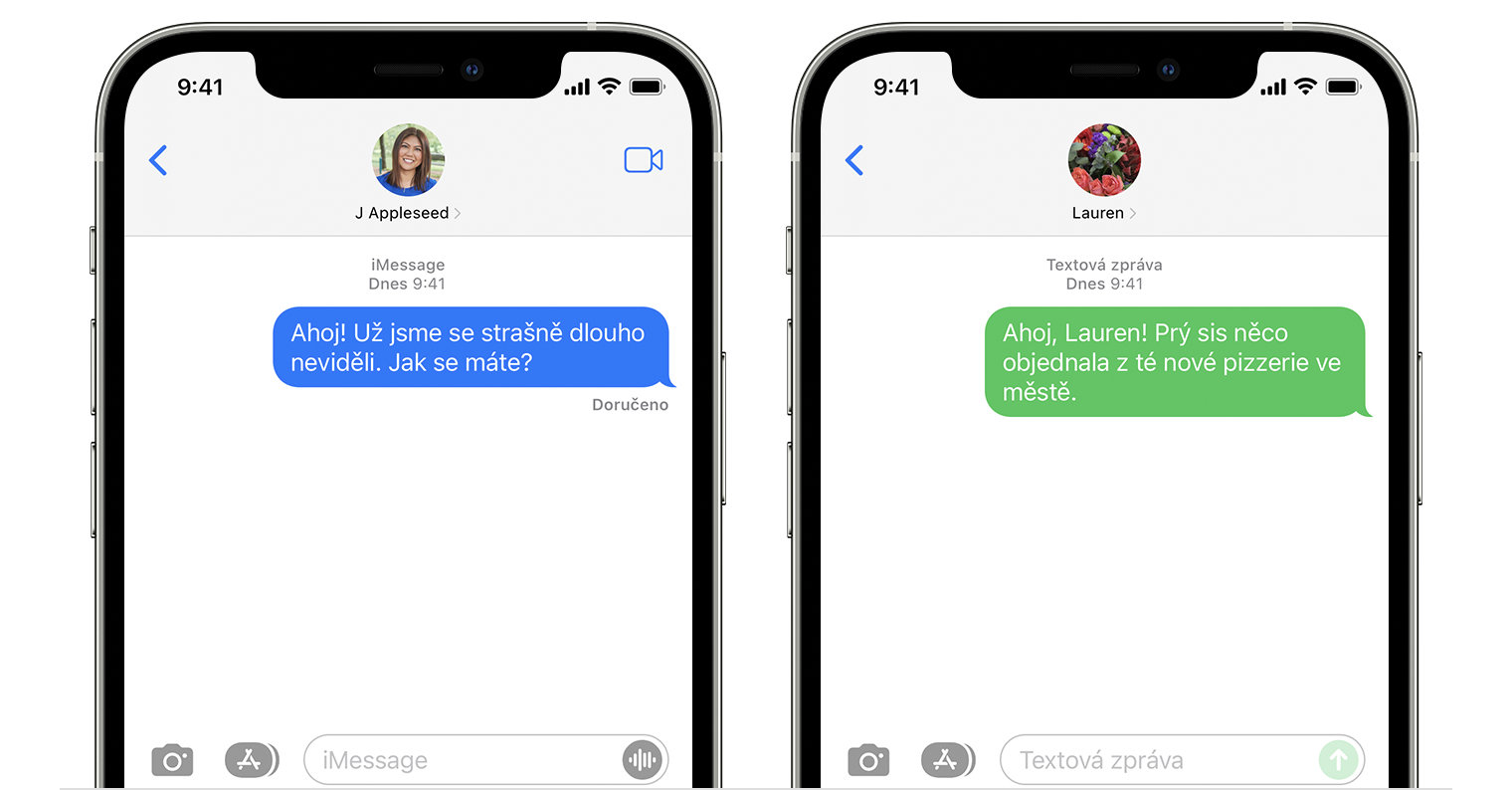
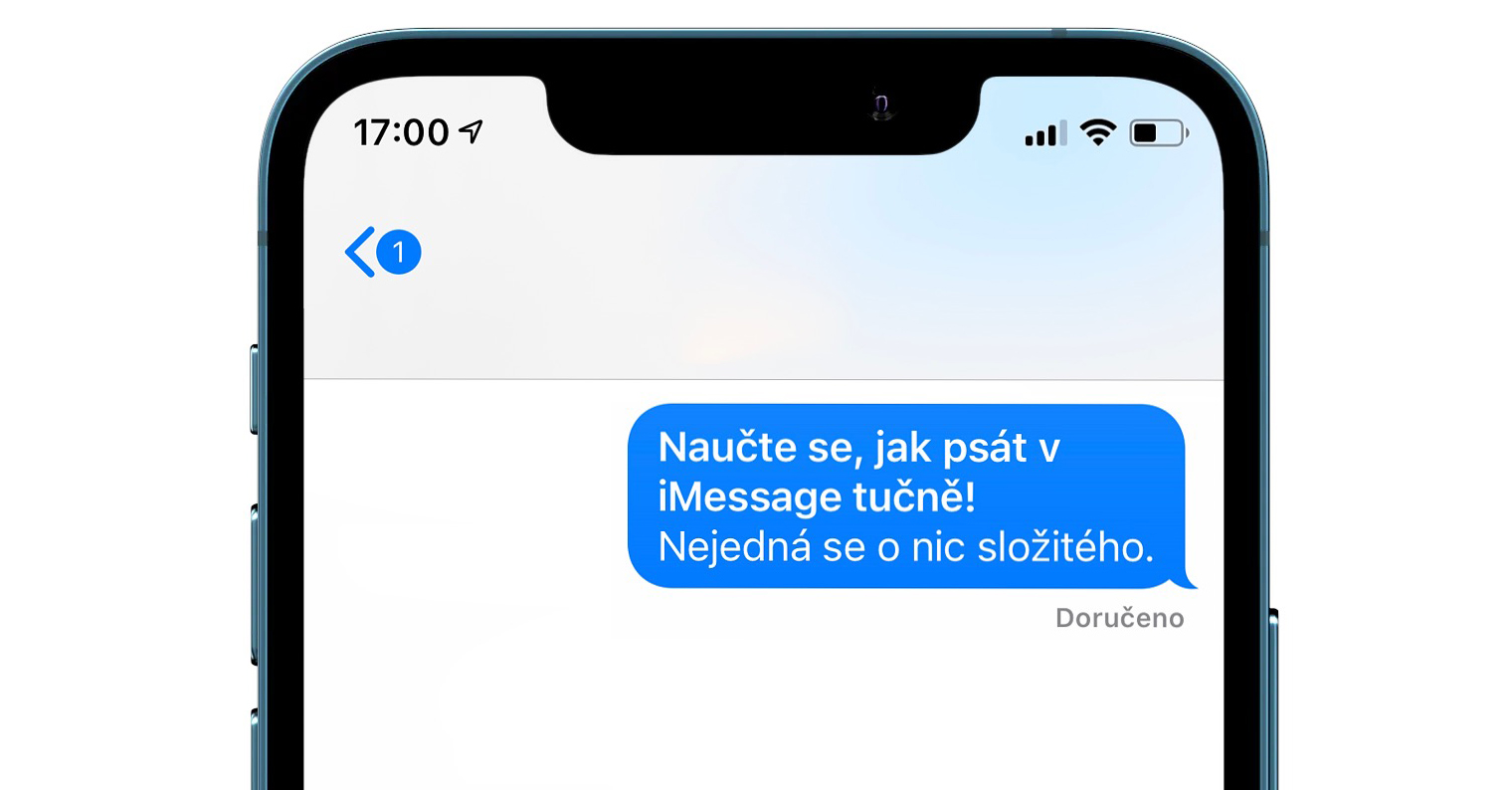
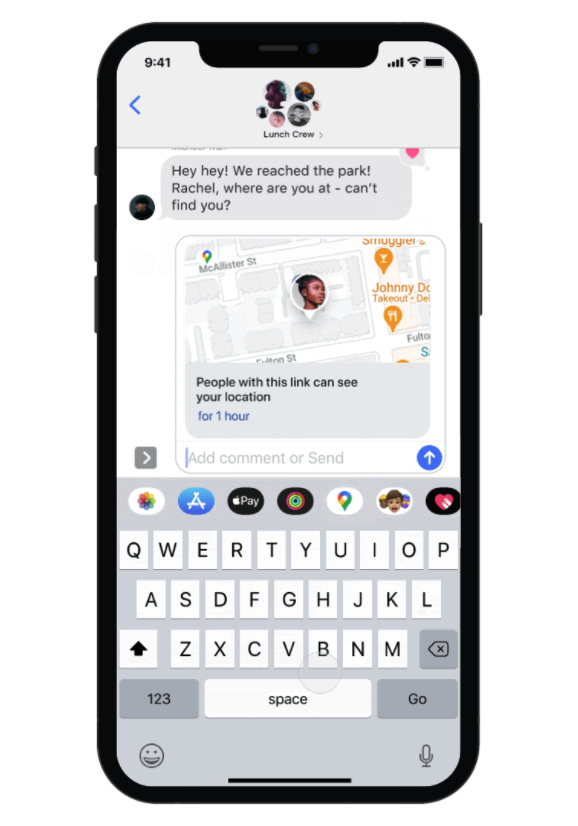
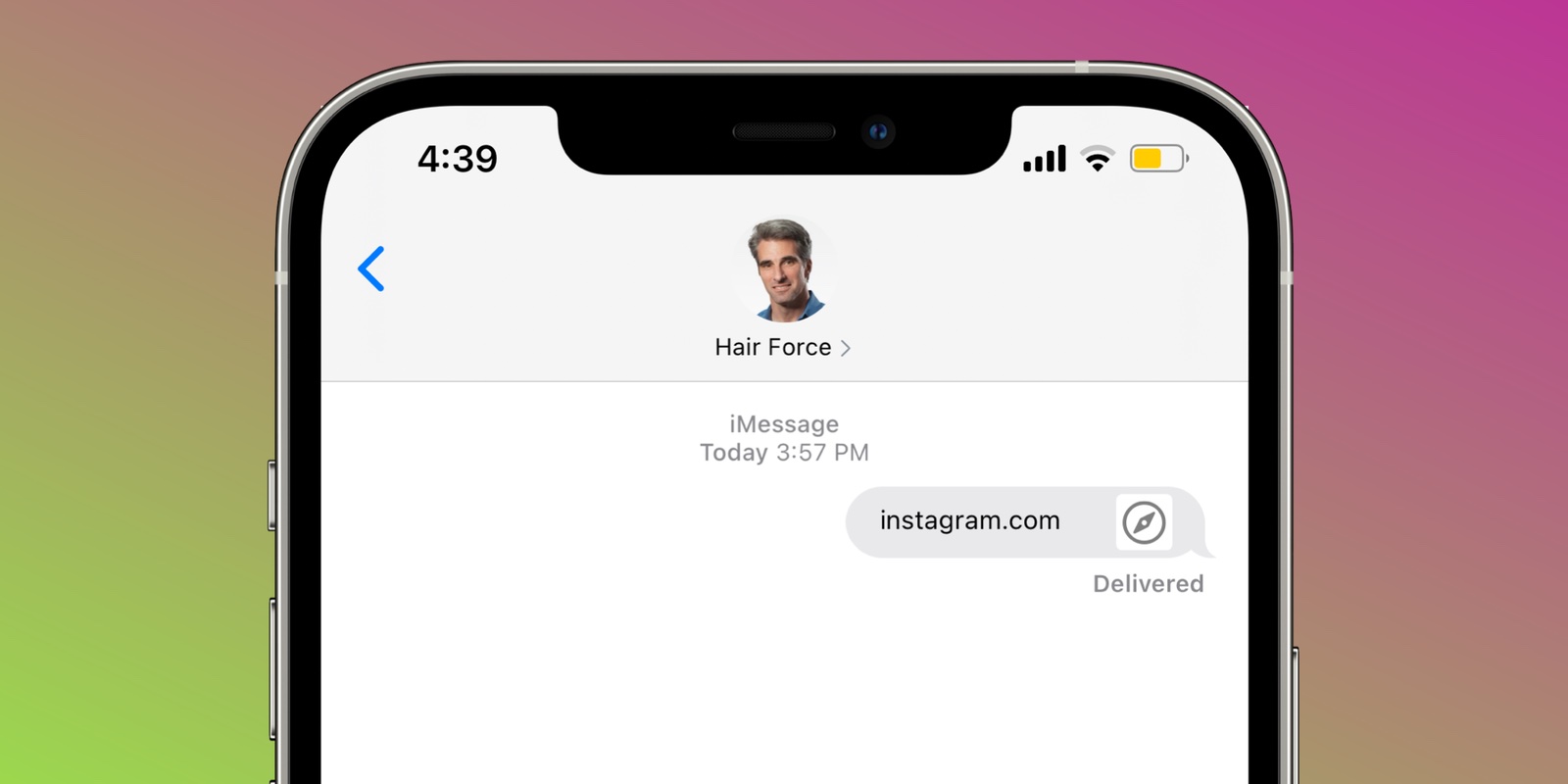
As far as I'm concerned, definitely not to unify. I want to keep iMessage secure.